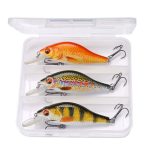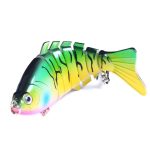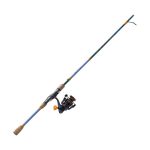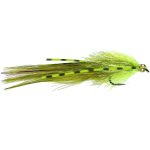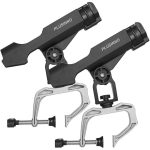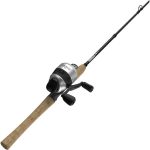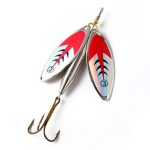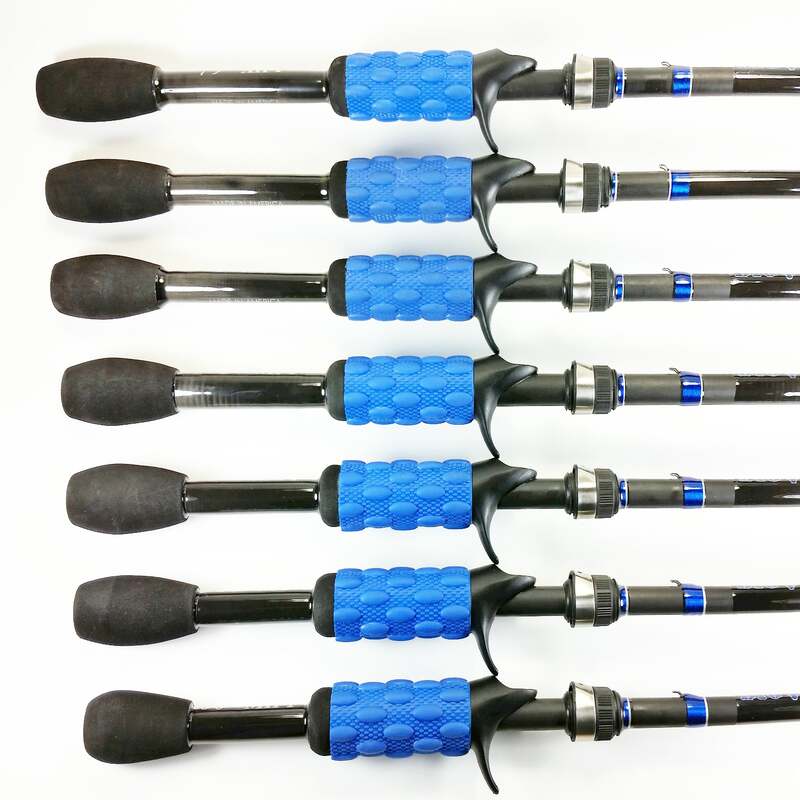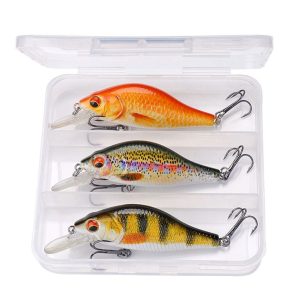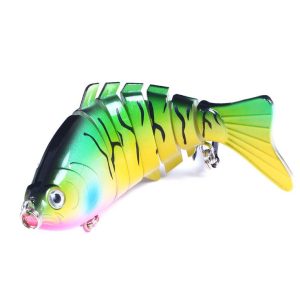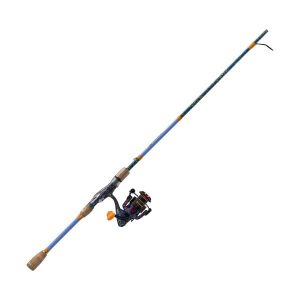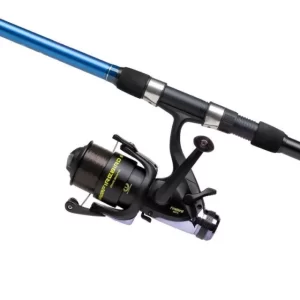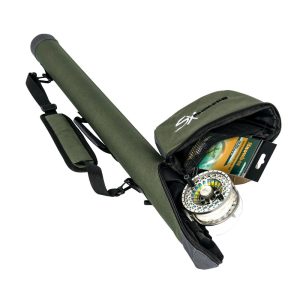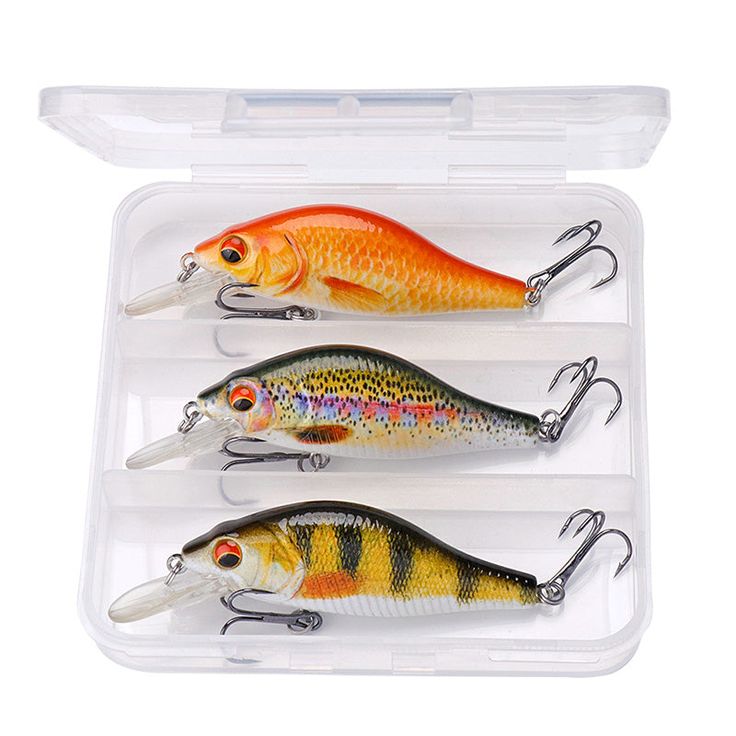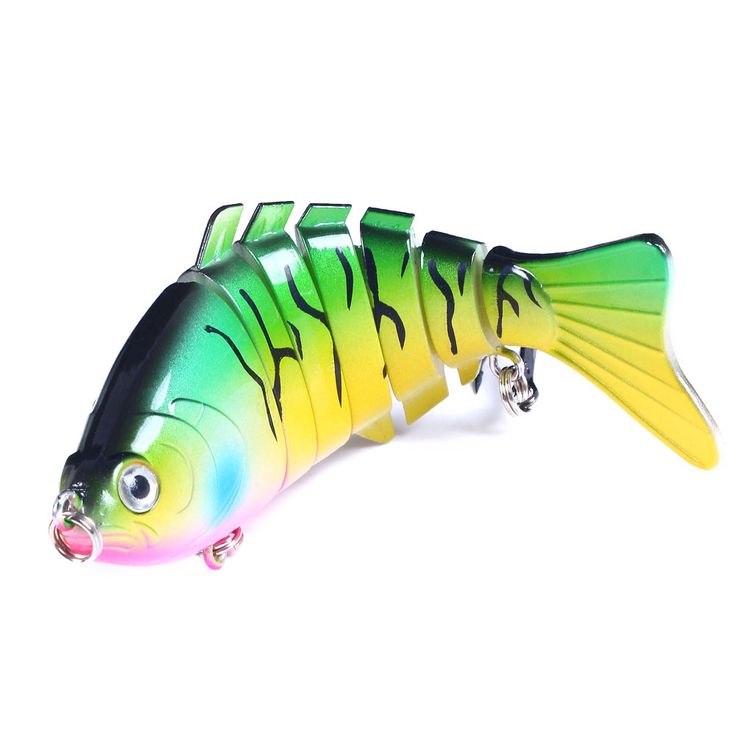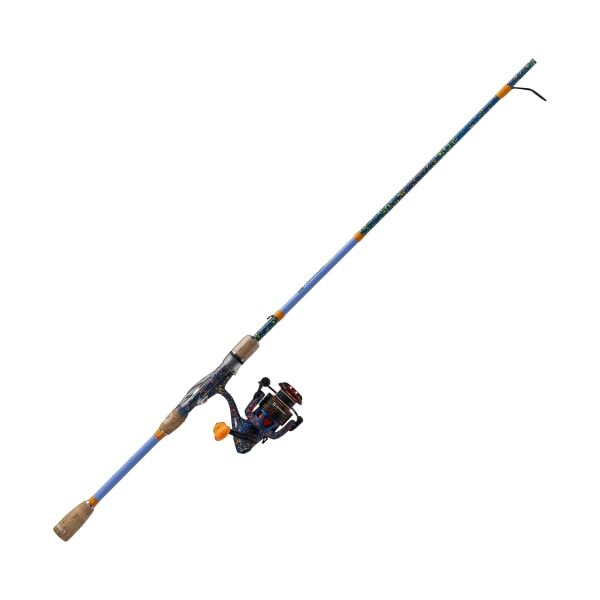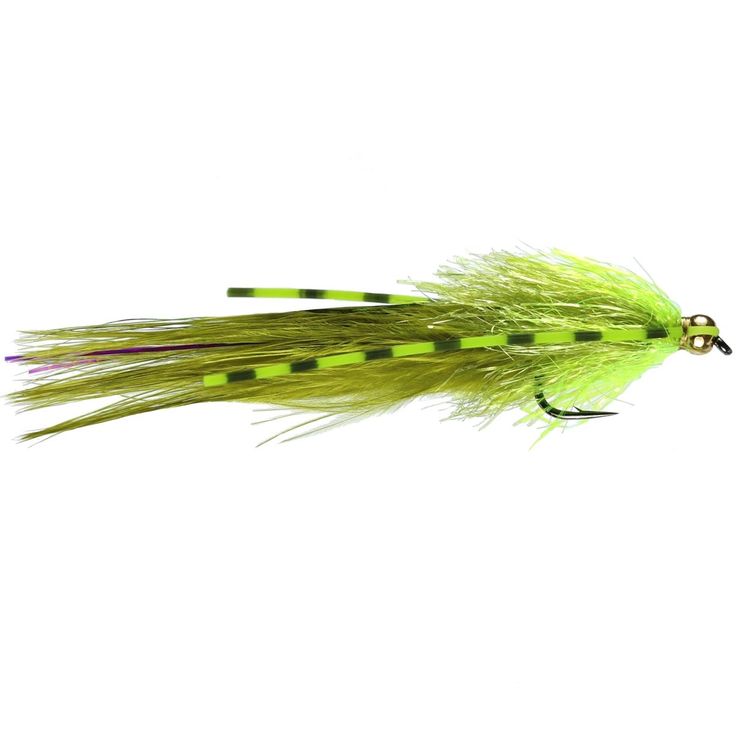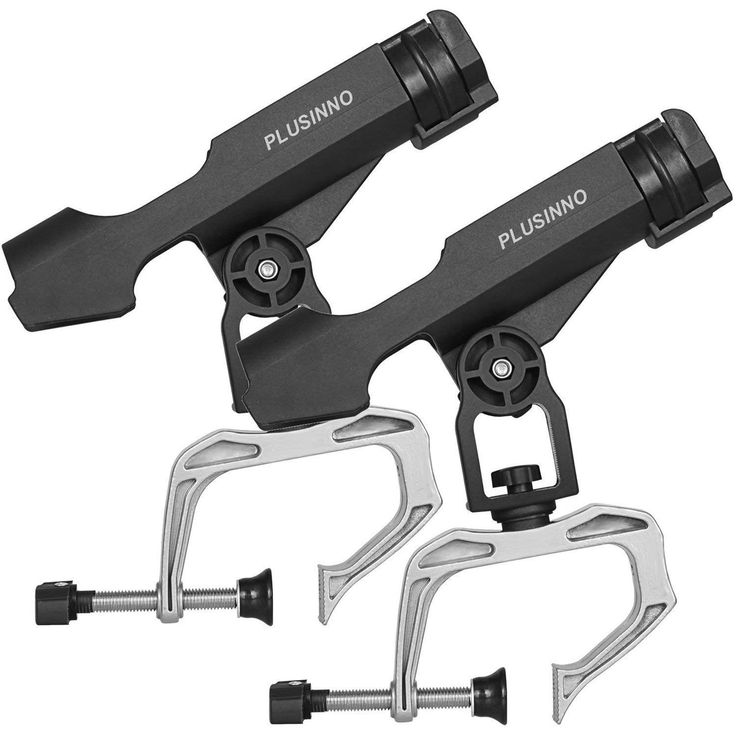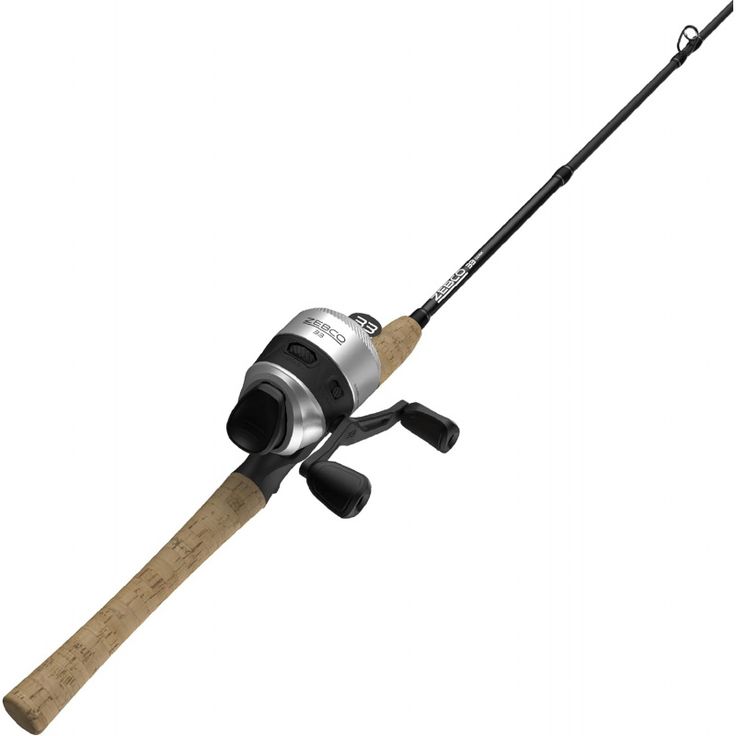Understanding the Basics
Fundamentals of Rod Length
Fishing rod length can significantly influence your success in fishing. However, many anglers overlook its importance. The length of a fishing rod generally ranges from six to twelve feet. Each length serves a specific purpose and can cater to different types of fishing. Therefore, understanding the fundamentals helps in making an informed choice. It’s essential to match your fishing style with the appropriate rod length. An incorrect length can impair your accuracy and comfort. Longer rods, for example, provide greater casting distance. Meanwhile, shorter rods offer better control.
Material and Construction
The material and construction of a fishing rod also play crucial roles. Nevertheless, rod length remains a priority. Common materials include graphite, fiberglass, and composite. Graphite rods offer sensitivity but can be brittle. Conversely, fiberglass rods are more flexible but heavier. Composite rods blend the benefits of both. Regardless of material, rod length impacts usability. This makes its consideration vital for effective fishing. The length should correspond with the type of fish you aim to catch. In essence, assessing both material and length is essential for optimal performance.
Benefits of Longer Rods
Increased Casting Distance
One of the key advantages of longer rods is increased casting distance. When you can cast farther, you cover more water. This improves your chances of landing a fish. Long rods allow for expansive casting arcs. Therefore, they enable angers to reach distant spots with ease. This feature is particularly beneficial in open waters. It serves well when fish are scattered or far from shore. Moreover, longer rods help when using lighter lures. The additional length compensates for the light weight, facilitating better casting distance.
Greater Line Control
Moreover, longer rods provide greater line control. This is especially significant when fishing in rivers or streams. Longer fishing rods help maneuver through currents. They allow anglers to keep the line above water obstructions. This ensures a more natural lure presentation. A longer rod makes playing and landing fish easier. It offers better leverage, vital for fighting larger fish. Improved line control also reduces the risk of tangling. Consequently, this decreases the chances of losing a fish.
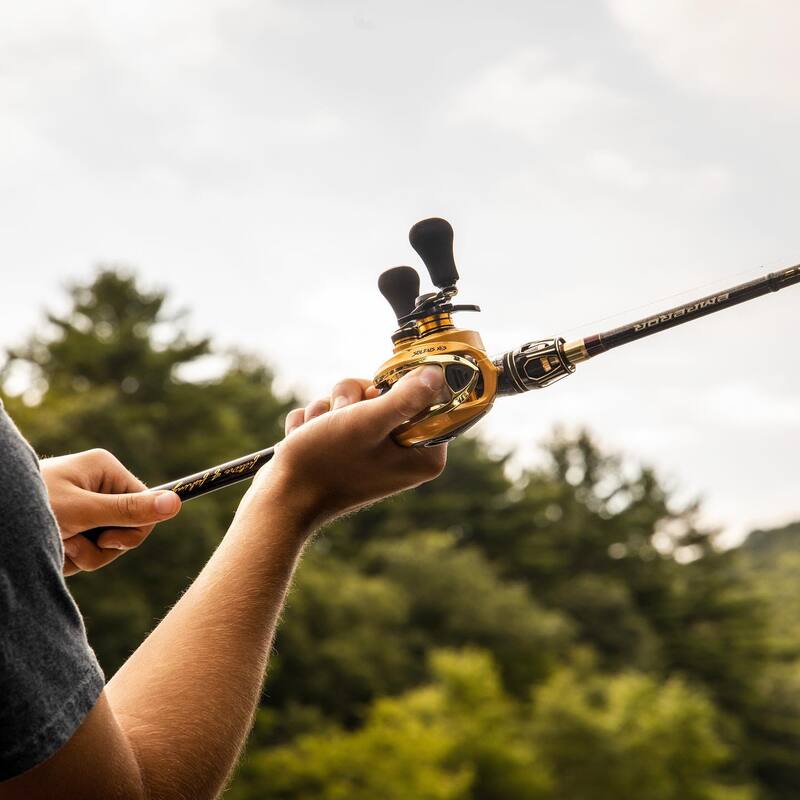
Advantages of Shorter Rods
Enhanced Accuracy
Shorter rods offer distinct advantages, especially in terms of accuracy. They are ideal for casting at near or medium distances. Because they are easier to control, shorter rods allow for pinpoint accuracy. This is particularly useful in tight environments. For example, fishing in small rivers or ponds often requires precision. A shorter rod helps you place the lure exactly where it’s needed. This becomes crucial in situations where accuracy can make or break your success. Additionally, short rods are effective for target-specific fishing such as in fishing tournaments.
Better Maneuverability
Next, shorter rods excel in providing better maneuverability. Their compact size allows for quick and nimble movements. This is advantageous when fishing from confined spaces. Anglers often face situations that require fast and sharp responses. A shorter rod adapts well to such conditions. It allows for seamless transitions and easier handling. This makes them ideal for kayak fishing or wading in water. Besides, shorter rods reduce fatigue. They are lighter and easier to handle. This ensures longer fishing sessions without undue strain.
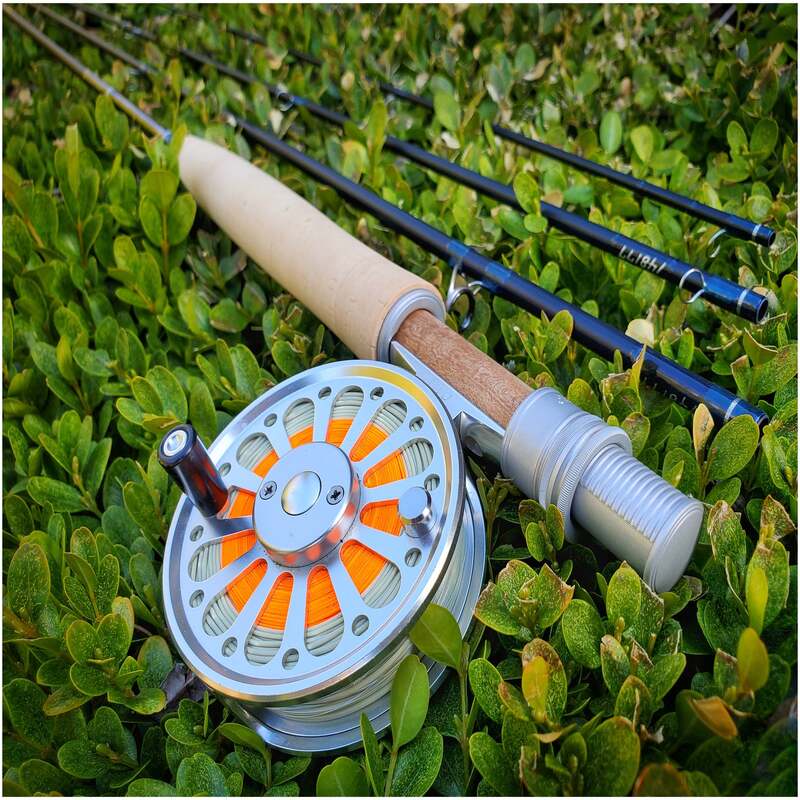
Specialty Rods and Applications
Telescopic Rods
Telescopic rods offer unique benefits with regard to their length. They can extend and retract, making them versatile. These rods are convenient for traveling and storage. Telescopic rods are available in various lengths. They cater to different fishing styles and environments. Their adjustable length allows for adaptability. Anglers can customize the rod’s length based on their needs. This makes telescopic rods a practical option. They combine the benefits of both long and short rods. Though not as robust, they offer moderate performance.
Surfcasting Rods
Surfcasting rods are another type worth discussing. These rods are specifically designed for surf fishing. They are generally longer, ranging from 10 to 15 feet. The extended length provides excellent casting distance. This is particularly beneficial when fishing from the shore. Surfcasting rods help in reaching fish that are far out in the surf. Their length also offers better leverage to reel in larger fish. These rods are robust and can handle heavy lures and strong currents. They are specialized tools designed for specific fishing environments.
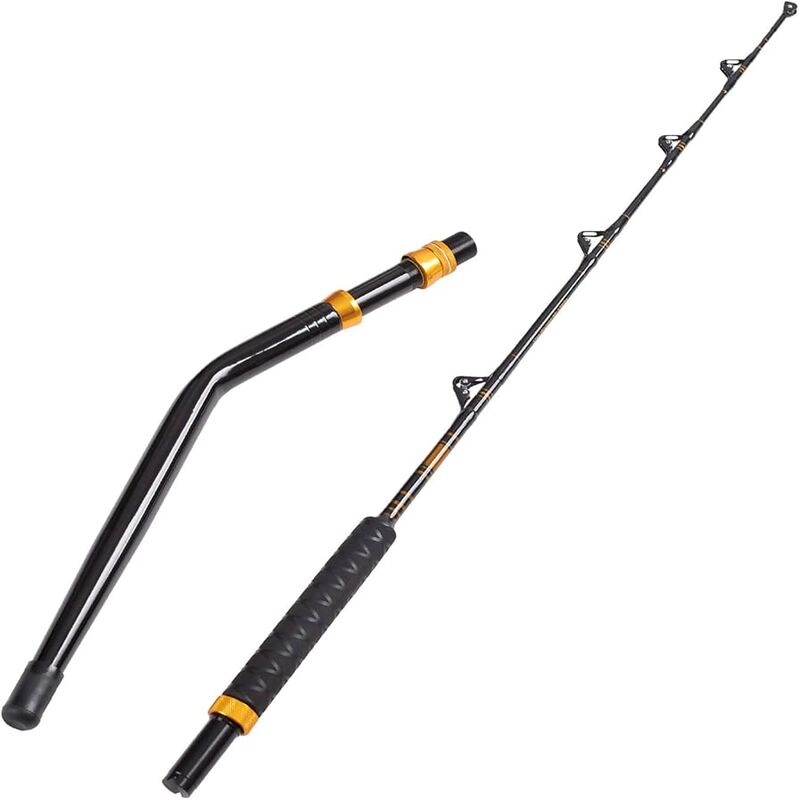
Rod Length and Different Fish Species
Freshwater Fishing
Rod length must align with the type of fish targeted. For freshwater fishing, shorter rods are generally preferred. Species such as bass or trout are often in confined spaces. Thus, shorter rods offer better accuracy and control. Yet, if fishing in open lakes or reservoirs, longer rods can be beneficial. They allow for increased casting distance. Freshwater fishing offers flexibility in rod length choice. Anglers must assess specific conditions and targeted species. This ensures that the chosen rod length provides optimal performance.
Saltwater Fishing
Conversely, saltwater fishing usually demands longer rods. The open, expansive environment necessitates greater casting distance. For instance, targeting species like tuna or marlin requires robust, long rods. These rods provide leverage to handle strong, fast-moving fish. However, shorter rods are also applicable in certain saltwater settings. For instance, they suit fishing from piers or boats. Nonetheless, saltwater fishing generally sees a preference for longer rods. This is due to the larger species targeted and expansive fishing areas.
Choosing the Right Rod Length
Personal Skill Level
Selecting the right rod length involves evaluating several factors. One such factor is your skill level. Beginners might find shorter rods easier to manage. They offer better control and are less cumbersome. Conversely, experienced anglers might opt for longer rods. They can leverage the increased casting distance and control. Assessing your skill level is thus crucial. It informs the choice of rod length. It ensures an enjoyable and successful fishing experience.
Type of Fishing
Another critical factor is the type of fishing. Deep-sea fishing, for example, requires longer rods. However, fly fishing often necessitates shorter rods. The environment and type of fish influence this decision. Also, the fishing technique used. For instance, trolling might require a different rod length compared to casting. Each fishing type has its specific requirements and challenges. Understanding these can guide you toward the appropriate rod length. Therefore, clarity in your fishing style is essential for making an informed choice.
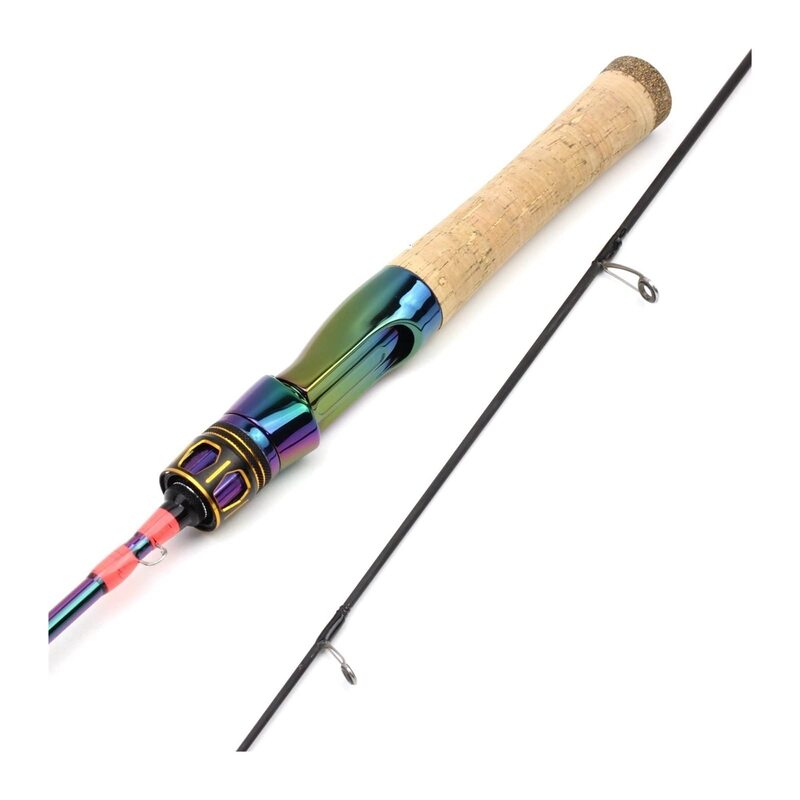
Rod Length and Techniques
Casting Techniques
Casting techniques also impact the choice of rod length. Overhead casting benefits from longer rods. They allow for fuller arm extension. This results in greater casting distance. Conversely, sidearm casting may be more effective with shorter rods. They offer better control and precision. Therefore, understanding your casting technique is vital. It helps you choose the rod length that will enhance your performance. Each technique has its nuances. Aligning your rod length with these nuances is crucial for effective casting.
Retrieval Techniques
Similarly, retrieval techniques can dictate the suitable rod length. Longer rods are beneficial for steady, consistent retrievals. They offer better leverage and control. Conversely, shorter rods excel in quick, jerky retrievals. They allow for nimble maneuvers and rapid movements. Understanding your retrieval style informs your choice. It ensures that your rod length complements your technique. This maximizes the effectiveness of your fishing. Optimal rod length enhances both casting and retrieval, making your overall experience more rewarding.
Rod Length Myths
Longer Is Always Better
A common misconception is that longer rods are always better. This is not necessarily true. Each rod length has its specific advantages and drawbacks. Longer rods are not suitable for all fishing styles. They can be cumbersome in confined spaces. Thus, believing that longer is always better is a myth. It can lead to poor rod choice and an unsatisfactory fishing experience. Therefore, it is essential to understand the specific applications. This ensures an informed decision and enhances fishing success.
Shorter Rods Are Only for Beginners
Another myth is that shorter rods are only for beginners. While they are easier to manage, this doesn’t limit their use. Experienced anglers use shorter rods for precision and control. They are beneficial in specific fishing environments and techniques. Thus, the belief that shorter rods are for novices is misguided. Each angler, regardless of experience, can benefit from using shorter rods. Understanding this dispels the myths. It allows for an accurate selection based on need rather than misconception.
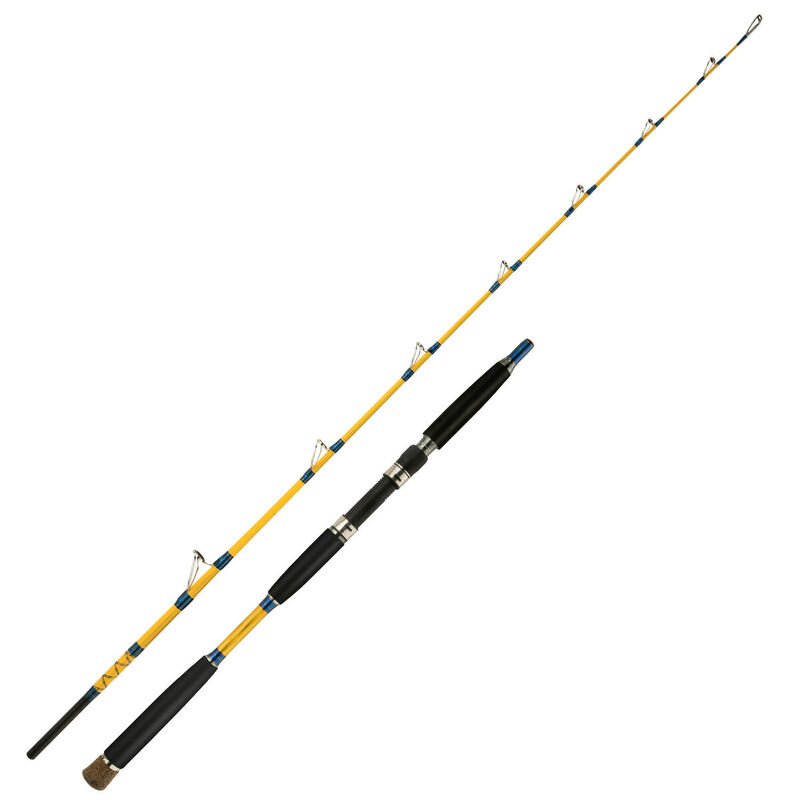
Conclusion
Recap of Key Points
In conclusion, the importance of fishing rod length can’t be overstated. Understanding how rod length affects your fishing aids in making the right choice. From casting distance to accuracy, each length offers unique benefits. Longer rods provide casting distance and line control. Shorter rods excel in accuracy and maneuverability. Specialty rods like telescopic and surfcasting have distinct applications. Rod length must align with the type of fish and fishing environment. Skill level and fishing techniques also play a crucial role.
Making Informed Choices
Making an informed choice on rod length maximizes your fishing success. It ensures that your equipment complements your style and environment. Debunking myths around rod length helps in making accurate decisions. Understanding the varied uses aids in choosing appropriately. So, next time you buy a fishing rod, consider its length carefully. It could be the difference between a successful trip and a futile one. By aligning your choice with your needs, you enhance your overall fishing experience.
